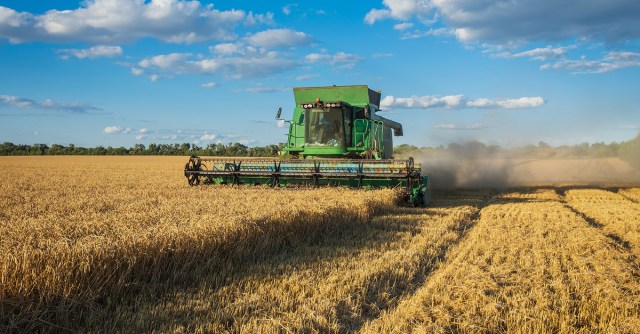As Naked Security readers will already know, Facebook has been plagued over the years by fake content of various types. But which represents the biggest problem for users?
Most people would point to the scourge of fake news after a year when the platform has faced constant criticism for distributing made-up stories that just might even have warped the US election.
But less fashionable cons can be just as taxing, such as the tale of a British woman who this week complained to Facebook about a “like farming” scam that used stolen images to falsely claim that her young son was suffering from cancer (the malady was severe chickenpox).
The posting was only one from a Facebook account using the identity Pooran Singh that showed numerous upsetting images culled from elsewhere on the web with the message that Facebook would donate money if they liked or shared it.
Surprisingly, many did, up to 1.2m sharing this piece of content alone for an account with more than 39,000 followers. Clearly, this sort of con fools enough people enough of the time to make it worth the scammers’ effort.
It’s a bogus content format has been a problem on Facebook for years without anyone, including at times Facebook, paying much attention. Its purpose it is to attract gullible followers and appreciation which is exploited to promote all sorts of web frauds.
In 2014, the company launched a crackdown of sorts on like-farming, with Matt Jones of Facebook offering the following description of the initiative:
Our abuse-fighting team builds and constantly updates a combination of automated and manual systems that help us catch suspicious activity at various points of interaction on the site, including registration, friending, liking, and messaging.
And yet in 2017 the service clearly still has a problem spotting a string of obviously bogus posts farming likes on an agricultural scale. A separate issue is Facebook’s response when the post was brought to its attention.
The boy’s mother told the BBC she had reported the matter to the company several times, which suspended it hours later after the story appeared on the BBC website. The next day it had returned. Facebook has since apologised for failing to stop the account from being reinstated.
When Naked Security checked, the child cancer posting was no longer on the site, although similar ones by an account bearing the same name were still visible. As the mother said: “What’s so disgusting [is] it’s not just Jasper’s pictures but 100 of other people’s families as well.”
And the relevance of this for curbing fake news? CEO Mark Zuckerberg recently promised to hire more fact checkers to flush out the story fakers. This week’s surprisingly flat-footed response to a relatively straightforward like farming complaint suggests people shouldn’t get their hopes up.

